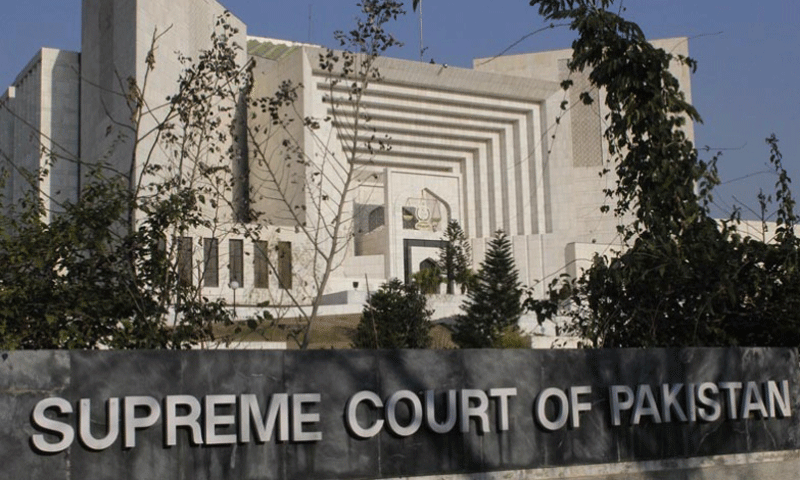Pakistan's top court questions criteria for judge seniority and transfers
Questions raised by Supreme Court about the authority of the Judicial Commission in judicial transfers and appointments

Aamir Abbasi
Editor, Islamabad
Aamir; a journalist with 15 years of experience, working in Newspaper, TV and Digital Media. Worked in Field, covered Big Legal Constitutional and Political Events in Pakistan since 2009 with Pakistan’s Top Media Organizations. Graduate of Quaid I Azam University Islamabad.

Justice Dogar got seniority after transfer despite ranking 15th previously
Transferred judges won't retake oath, raising constitutional questions
Concerns over bypassing Judicial Commission authority
Pakistan's attorney general urged the Supreme Court on Tuesday to dismiss legal challenges brought by judges contesting their transfers to the Islamabad High Court, arguing the reassignments followed proper legal procedures.
The case revolves around a contentious debate over how judicial seniority is determined when judges are transferred between Pakistan’s provincial high courts and the Islamabad High Court, which serves the federal capital.
A five-member Supreme Court bench, headed by Justice Muhammad Ali Mazhar, resumed hearings on the matter Tuesday, examining key questions about the principles guiding judicial transfers and seniority rankings within the judiciary.
The attorney general argued the petitions were inadmissible, stating that the judges had been lawfully reassigned through established procedures. He emphasized that no new appointments were made to the Islamabad High Court—only transfers—and therefore no fresh oath of office was required.
Seniority questions raised
Justice Naeem Afghan questioned the fundamental principles governing judge transfers during the hearing, specifically citing the case of Justice Dogar, who ranked 15th in seniority at the Lahore High Court but was granted higher seniority upon transfer to the Islamabad High Court.
"What principle was applied to grant seniority in the IHC?" Justice Afghan asked, using the court's common abbreviation.
The attorney general responded that the Supreme Court had already established that judges' seniority should be calculated from the date of their original appointment. He said the seniority of Islamabad High Court judges was determined by then-Chief Justice Aamer Farooq, who exercised complete discretion in the matter.
According to the attorney general, a report from four high court chief justices and the court registrar raised no objections to the transfers. He noted that the seniority decision was made in response to a petition from five Islamabad High Court judges.
Constitutional concerns
Justice Shakeel Ahmad questioned why the Law Secretary had issued a clarification stating that the transferred judges would not need to retake their oath of office. The attorney general responded that the clarification was intended to remove any ambiguity from the official notification issued following the president's advice.
Justice Muhammad Ali Mazhar observed that the petitioners had failed to mention either the representation or the resulting decision in their legal arguments. Justice Ahmad added that the representation had neither been read nor addressed through arguments during the proceedings.
The attorney general argued that Article 200 of Pakistan's constitution does not stipulate any specific tenure for transferred judges. "To fix a term would amount to adding words to the Constitution," he said, emphasizing that the entire process had been conducted by the judiciary without executive interference.
Judicial commission authority
In response to another question from Justice Ahmad, the attorney general explained that a judge's seniority begins from the date he or she takes oath as an additional judge. He argued that the time judges spend in their respective high courts must be reflected in their service records even after transfer, and that ultimately, each high court determines the seniority of its own judges.
Justice Ahmad raised concerns that if judges are transferred and then confirmed permanently without the Judicial Commission's involvement, this could undermine the commission's authority. Pakistan's Judicial Commission plays a key role in judicial appointments and transfers.
The hearing was adjourned until May 29, when the court is expected to continue examining the constitutional and procedural questions surrounding the judicial transfers.










Comments
See what people are discussing